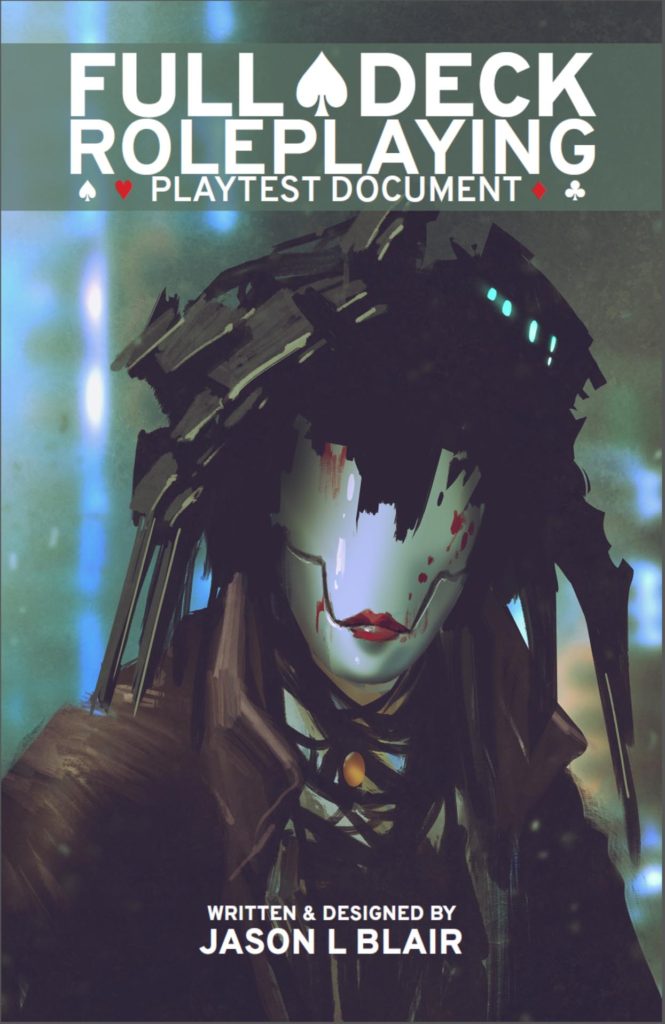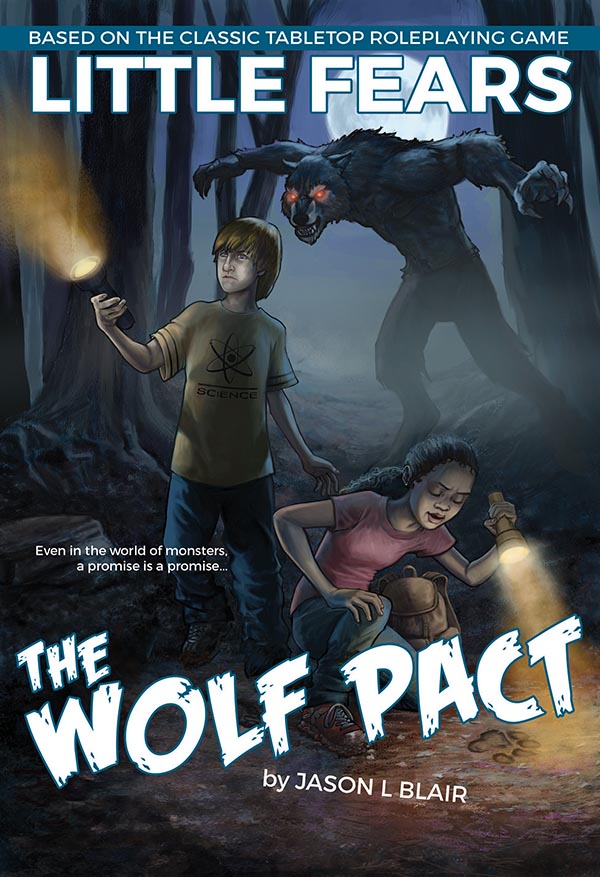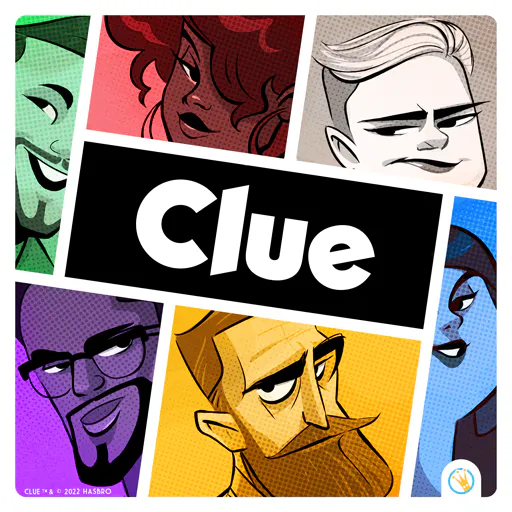-
Latest Posts
-
Latest Releases


My Sites
Tags
- adventure gamers
- agents of mayhem
- buried tales
- character collection
- comics
- conduit 2
- don't walk in winter wood
- dream project
- esoterrorists
- essays
- eulogy
- fiction
- friends
- gdc
- gencon
- haunted
- high voltage
- human head
- interviews
- kickstarter
- little fears
- movies
- nominations
- one-year plan
- operation: awesome
- pandemic
- patreon
- pc games
- podcasts
- point-and-click
- prey 2
- ps2
- ps3
- ps4
- rpgs
- saints row iv
- streets of bedlam
- tales of the far west
- the bones
- transmedia
- video games
- volition
- wii
- xbox 360
- xbox one
Previously On…
- April 2025 (1)
- March 2025 (2)
- February 2025 (4)
- January 2025 (4)
- December 2024 (5)
- January 2024 (1)
- October 2020 (1)
- May 2020 (1)
- April 2020 (1)
- May 2019 (1)
- July 2018 (2)
- June 2018 (1)
- April 2018 (1)
- February 2018 (1)
- November 2017 (1)
- August 2017 (1)
- July 2017 (1)
- June 2017 (1)
- June 2016 (4)
- May 2016 (1)
- June 2015 (1)
- February 2015 (1)
- January 2015 (3)
- October 2014 (1)
- August 2014 (2)
- July 2014 (1)
- May 2014 (3)
- January 2014 (1)
- December 2013 (3)
- October 2013 (2)
- September 2013 (1)
- August 2013 (3)
- July 2013 (1)
- June 2013 (2)
- April 2013 (1)
- March 2013 (3)
- February 2013 (2)
- January 2013 (1)
- December 2012 (1)
- October 2012 (1)
- September 2012 (1)
- August 2012 (1)
- July 2012 (2)
- June 2012 (2)
- April 2012 (2)
- March 2012 (2)
- January 2012 (5)
- December 2011 (5)
- November 2011 (1)
- October 2011 (2)
- July 2011 (1)
- June 2011 (1)
- May 2011 (3)
- April 2011 (2)
- March 2011 (2)
- February 2011 (1)
- January 2011 (1)
- December 2010 (2)
- November 2010 (3)
- October 2010 (2)
- September 2010 (4)
- August 2010 (5)
- July 2010 (5)
- June 2010 (4)
- May 2010 (2)
- April 2010 (1)
- March 2010 (8)
Friends' Sites
- Aaron Rosenberg
- Adam Jury
- Chris Pramas
- Chuck Wendig
- Daniel Solis
- Ed Lima
- Flames Rising
- GamePlayWright
- Gareth Hanrahan
- Gareth-Michael Skarka
- James Maliszewski
- Jared Sorensen
- Jeff Tidball
- Jon Leitheusser
- Josh Neff
- Kenneth Hite
- Kevin Riepl
- Matt Forbeck
- Matt Kulka
- Matt Snyder
- Matthew Breit
- Matthew Laznicka
- Monica Valentinelli
- Paul Jessup
- Sarah Newton
- Team Preston
- Veronica V. Jones
Category Archives: essays
The Dream Job
Last Friday, March 30th, I accepted an offer for the job of my dreams. This past Tuesday, April 3rd, I declined the position. Forgive me for not naming names, but this isn’t the studio’s story. This is mine. But, really, … Continue reading
Roleplayers Chronicle: Designer’s Diary
Aaron T. Huss, from Mystical Throne Entertainment, contacted me recently about doing a Designer’s Diary for his Roleplayers Chronicle website and I quickly agreed. The piece went live over the weekend and touches briefly on the work that went into … Continue reading
Operation: Awesome – The 1000-Word Plan
One thousand words. It’s not a lot. But neither is a single grain of sand. Earlier this year, I hit a hard realization: Writing wasn’t working for me anymore. I was writing in spurts. Some days I’d hit 3000 words … Continue reading
Posted in essays, operation: awesome
Tagged adventure gamers, essays, fiction, little fears, operation: awesome
4 Comments
Death of a PlayStation
I awoke Sunday morning to some terrible news: My PlayStation 2 was dead. Some kids were playing around and one of them, a friend of my daughter, had accidentally stepped on the disc tray, shattering it. As far as I … Continue reading
The Write Identity
See, I lost focus. And that happens. I’m fallible and I know it. If I wasn’t, I wouldn’t have initiated Operation: Awesome. I would have just sat around wondering why no one recognized my genius. A couple weeks ago, I … Continue reading
Posted in essays, fiction, operation: awesome
Tagged essays, fiction, operation: awesome
Leave a comment
Hamlet’s Hit Points
A couple months ago, I had the honor of proofreading Hamlet’s Hit Points, the new work by esteemed game designer Robin D. Laws. In the book, Robin discusses how stories work and codifies the aspects that you find over and … Continue reading
The Three-Headed God
Over at his blog, Daniel M. Perez shares the stomach-twisting playtest premier of his first tabletop design, a reimagining of the popular roleplaying game Vampire. Daniel’s travails at running his first design reminded me of the terror I felt when … Continue reading
My Transformers Story
Last week, publicist, personality, and friend to gaming Matt Staggs put out a call for authors to relay Transformers-related experiences from their childhood. A site he blogs for, publishing giant Random House‘s genre blog Suvudu, was running a week of … Continue reading
Posted in essays
2 Comments
Preparing to be Awesome
A couple weeks ago, I mapped out the basics of my plan to reprogram myself as a writer. It’s a process I call “Operation: Awesome” because that’s an incredibly uninspired and pretentious title and nothing amuses me more than uninspired … Continue reading
Rattling THE BONES
Last September, I managed to convince the folks at Gameplaywright that I was worthy of being included in their next book. Their previous publication, the well-received Things We Think About Games, was buzzing around the gamer zeitgeist with supersonic speed … Continue reading

